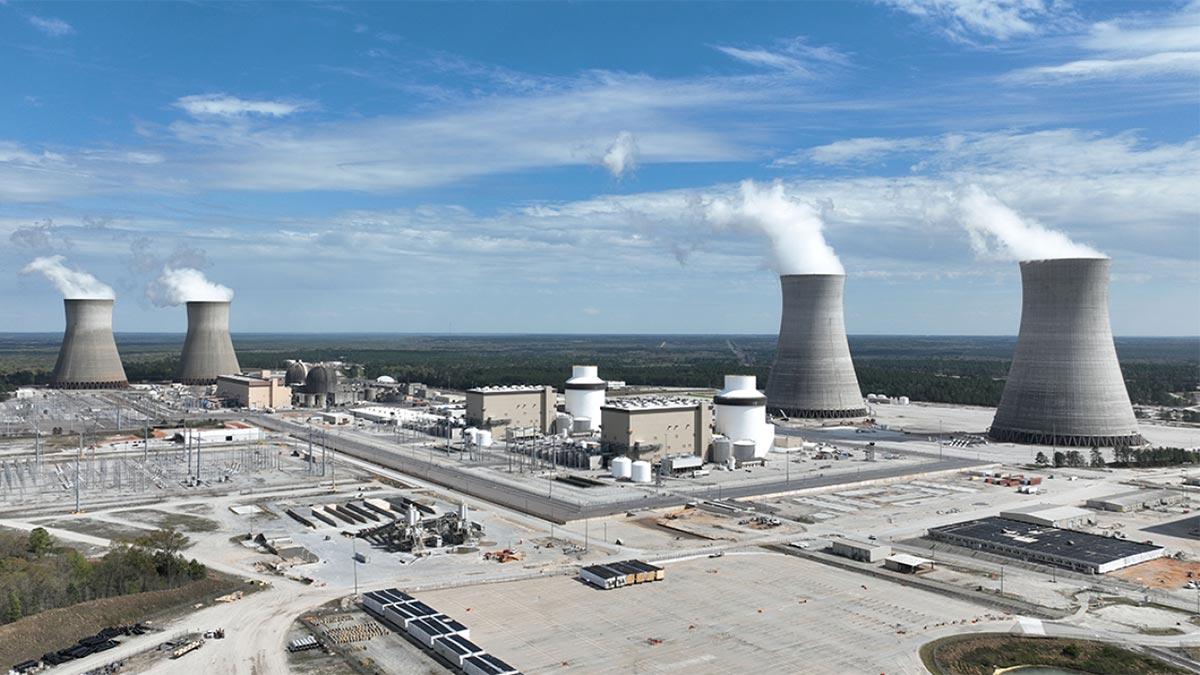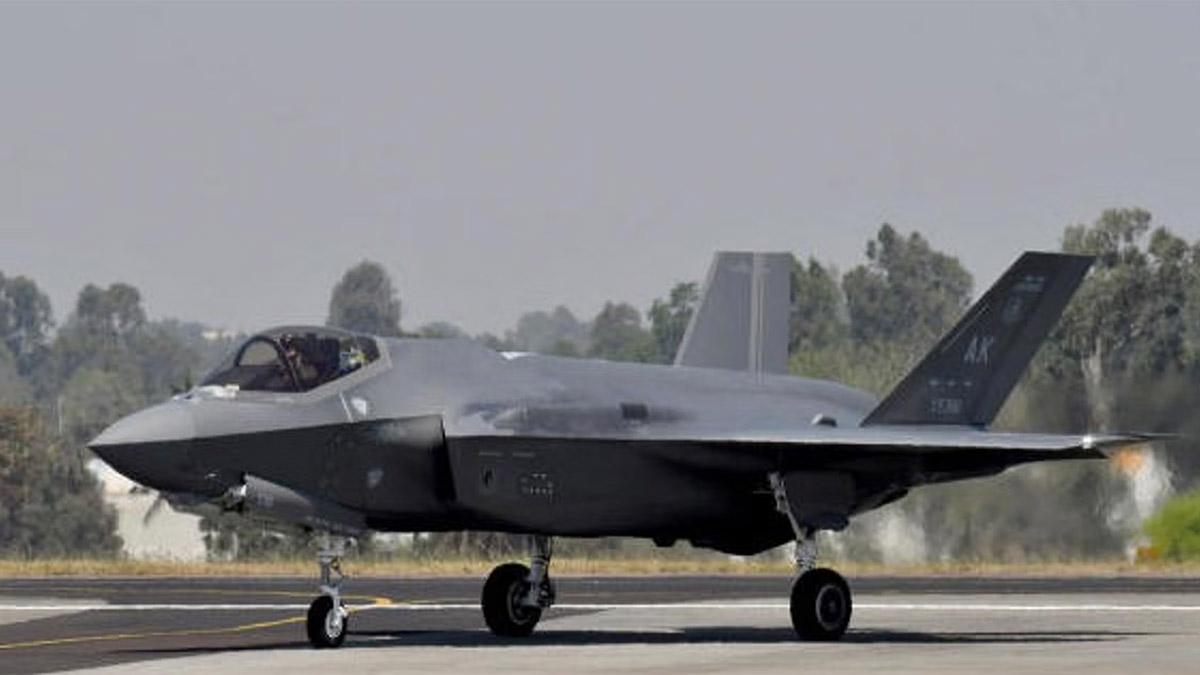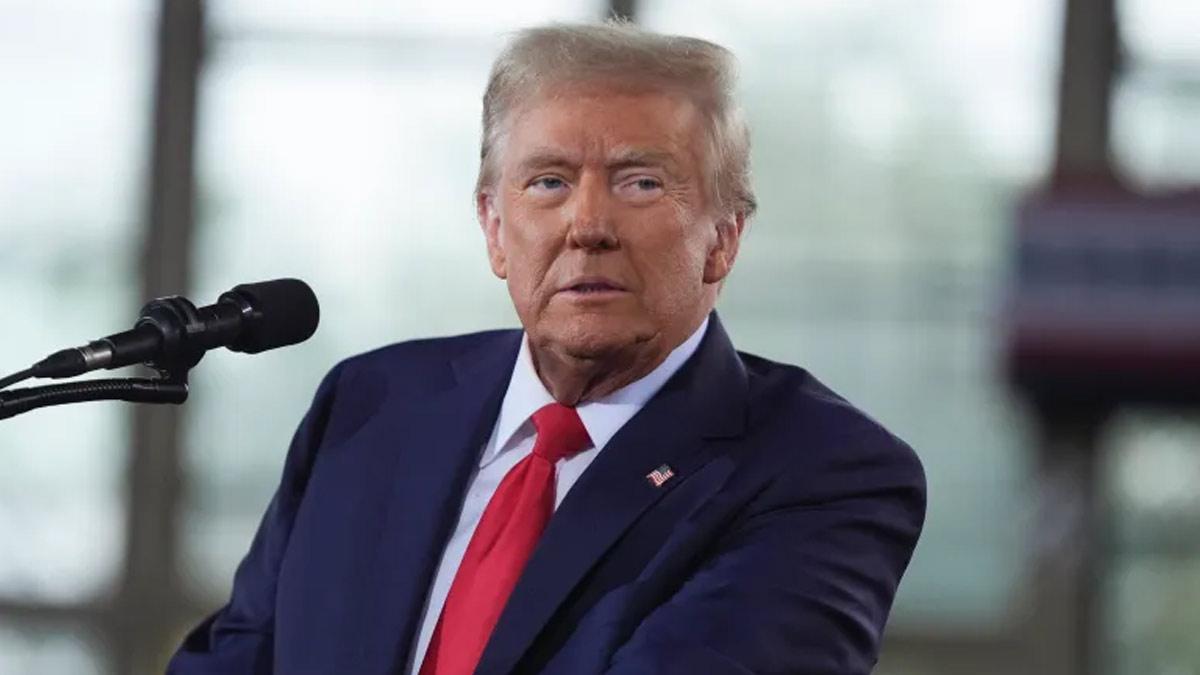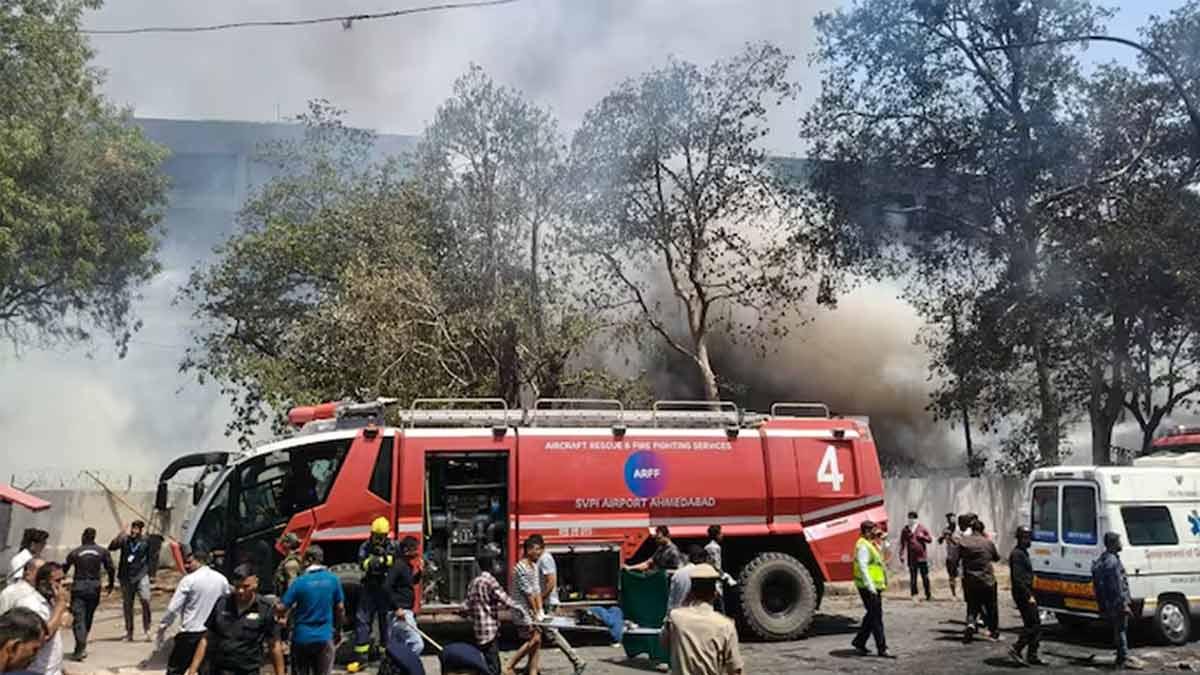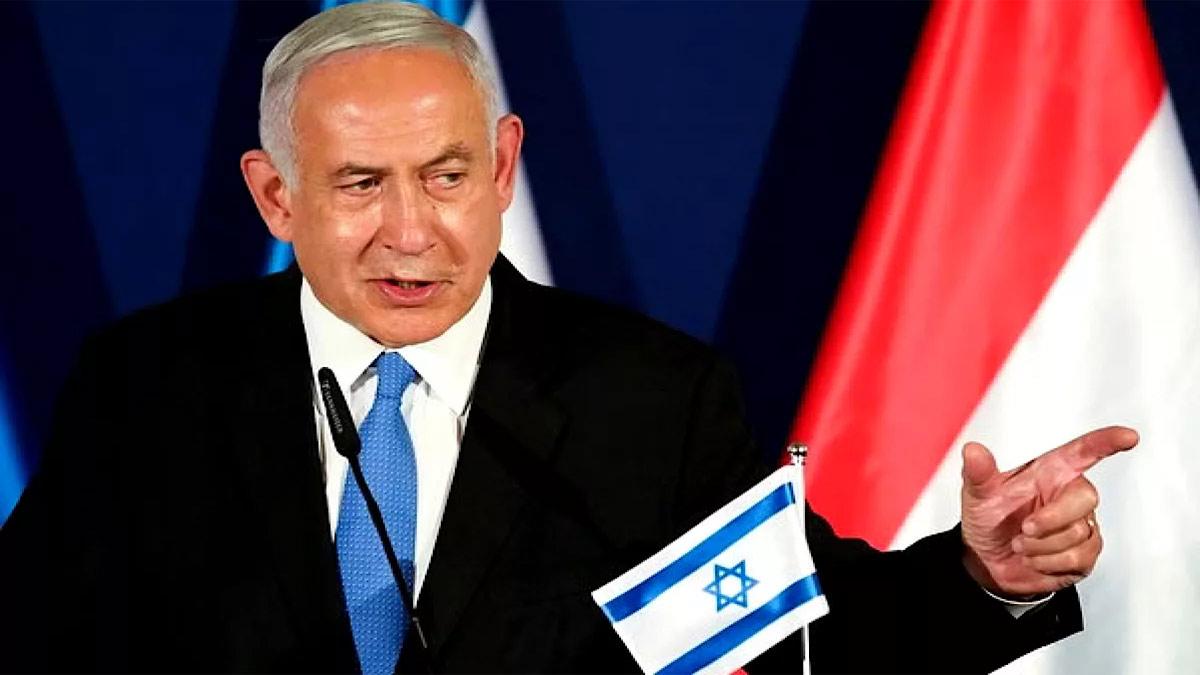Nuclear powers as a group spent more than $100 billion on their nuclear weapons programs during 2024, a report out Friday from the International Campaign to Abolish Nuclear Weapons said. The group condemned the absence of transparency and democratic control over such vast outlays.
ICAN's most recent annual report indicated that nine nations—namely the United States, Russia, China, Britain, France, India, Pakistan, North Korea, and Israel—spent combined almost $10 billion more on their nuclear stockpiles than the year before.
The United States again led the list, spending $56.8 billion on its nuclear weapons systems. China spent $12.5 billion, and the United Kingdom spent $10.4 billion, the report added.
ICAN, founded in Geneva, was presented with the Nobel Peace Prize in 2017 for its key work in creating the Treaty on the Prohibition of Nuclear Weapons, which entered into force in 2021. Up to now, 69 nations have ratified the treaty, four others accede and 25 signed it—though none of the nuclear powers has signed the accord.
Hidden Hosting Costs
This year's report also explored the cost implications for nations permitting foreign nuclear weapons on their territory—something that tends to go unnoted by the public and legislatures.
Although unofficially confirmed by the concerned governments, the report quoted expert estimates that Belgium, Germany, Italy, the Netherlands, and Turkey are hosting American nuclear weapons pursuant to NATO agreements. It also reported that Russia has placed nuclear weapons in Belarus, although there has been skepticism from some analysts.
Information regarding the cost of hosting these weapons—such as buildings, security measures, and the upkeep of nuclear-capable planes—is generally secret, and thus essentially unseen by taxpayers and legislators.
"Every NATO nuclear-sharing agreement is guided by classified agreements," the report said.
"Democracy is insulted by the fact that lawmakers and citizens have no right to know that foreign countries' nuclear weapons are stationed on their territory or how much of their taxes go to fund them," report co-author Alicia Sanders-Zakre said.
Corporate Profits and Political Influence
Of the nine nuclear-weapon states, eight have publicly stated their stockpiles: the US, Russia, the UK, France, China, India, Pakistan, and North Korea. Israel is generally suspected of also having nuclear arms, although never officially confirmed.
ICAN noted that combined nuclear spending in 2024 might have covered the United Nations' yearly budget almost 28 times over.
"Nuclear weapons are an issue that can be addressed, and that involves understanding the vested interests passionately clinging to the choice of nine nations to indiscriminately kill civilians," ICAN programme coordinator Susi Snyder said.
Private contractors made a handsome profit from nuclear weapons projects, making at least $42.5 billion in related contracts during 2024. The report indicated that there are active contracts with an estimated value of $463 billion, some continuing decades into the future. New contracts valued at $20 billion were awarded last year alone.
Most of these companies proactively lobby governments to obtain and retain their contracts. ICAN discovered that in 2024, at least $128 million was invested in lobbying in only two countries—the United States and France, for which there were available data.
The report summed up by reminding readers that modern nuclear doctrine, framed during the Cold War era, is based on the assumption that these weapons would never be used because of their disastrous nature and the possibility of mutual annihilation in a retaliatory attack.
Read also| Thanking Macron for Counter-Terror Backing: Jaishankar’s Diplomatic Outreach
Read also| Trump Declares ‘Done’ Trade Deal with China: 55% Tariffs and Rare‑Earths Supply in Focus

